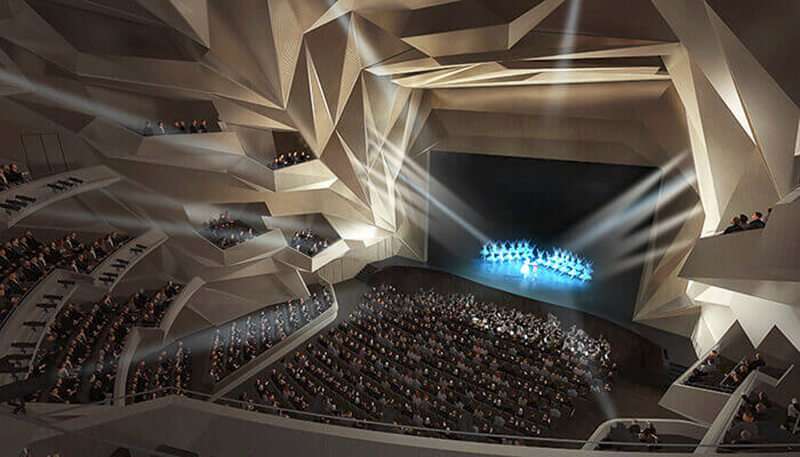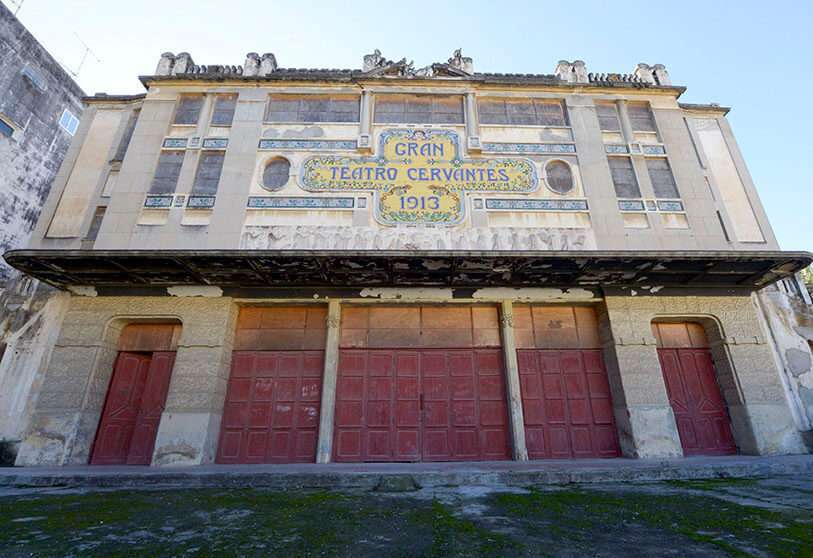Morocco plans cultural reform through theatre and cinema

Culture is one of the projects that the Moroccan government plans to move forward, and has been presented as a characteristic of this new government. Since its arrival in September last year, culture has been strengthened and has been used to expand the Kingdom's image both within and beyond its borders. Among its new ideas, the country's leadership intends to modernise the buildings used for theatrical performances and cinemas.
Mohamed Mehdi Bensaid, Minister of Youth, Culture and Communication, announced his ministry's new vision to the nation's House of Representatives. There, the minister responded to a series of questions by affirming the creation of new centres dedicated to this cultural sector, in addition to other buildings for young people to enjoy the culture that the Kingdom can provide. At this very moment, Morocco has 900 infrastructures dedicated to culture scattered throughout the country.
"This vision can make theatrical and film productions more accessible to local populations who do not have the possibility and means to attend performances and screenings, in addition to the opportunity to awaken vocations and discover new talents among young people," said the minister after his appearance in the country's Chamber.

Bensaid also added that the Ministry he heads, together with the Kingdom's Executive, will spare no expense as they believe that this field is a good investment and that it also promotes culture within the country. The aim is also to reopen closed cinemas or rehabilitate them for opening.
These new improvements in theatres and cinemas will increase both the cultural offer and the number of infrastructures, as there are not many places in the country where culture can be enjoyed. Above all, these new constructions are intended to be built in the most rural and remote areas, as the means to access entertainment there are scarce in comparison with the large cities that have the majority of these buildings dedicated to promoting culture.
On the other hand, work is being done to promote the film industry through projects such as building 150 cinemas throughout the Kingdom. It also highlights the opportunity being offered to artists, directors and producers to benefit from all the resources offered by the country's film industry.
Morocco's cultural assets are a major attraction for tourists visiting the country, as well as for investors and shareholders. Major works and films of international renown such as Gladiator (2006) and even some of the world's best-known TV series such as Game of Thrones (2011) have been filmed in the country's landscapes and scenery. The Alawi kingdom offers real-life locations that film directors and production companies make the most of and exploit to the full.

It even has some of the world's most important recording studios, such as CLLA Studios and Atlas Studio Corporation in Ourzazate. Inside you will find famous film sets that have recreated places such as the city of Jerusalem in the Middle Ages or the city of Mecca, among others. Within its walls, you can find the sets of films such as Kingdom of Heaven, Ben-Hur, Asterix and Cleopatra, etc.
The territory even has its own festival that rewards personalities and actors who promote films around the world, such as the Marrakech International Film Festival, created in 2011 by King Mohammed VI. Moreover, Moroccan cinema has a long history and is one of the pioneering countries in filmmaking. The first film with a Moroccan label was Le chevrie Marocai - The Moroccan Goatherd - by the famous director Louis Lumière in 1897.
The Kingdom is a land of culture and history, and the government wants to make the most of all its cultural resources, offering quality material and promoting culture, especially among the youngest members of the population.










